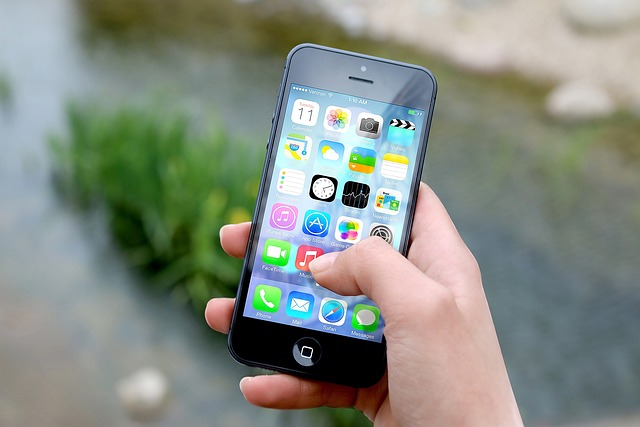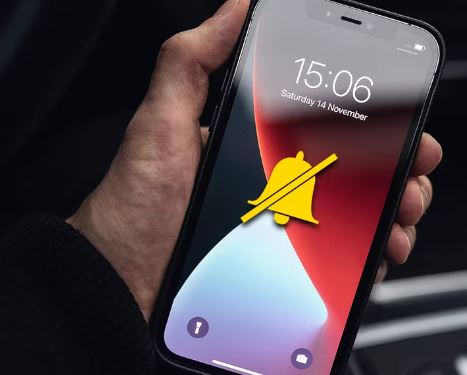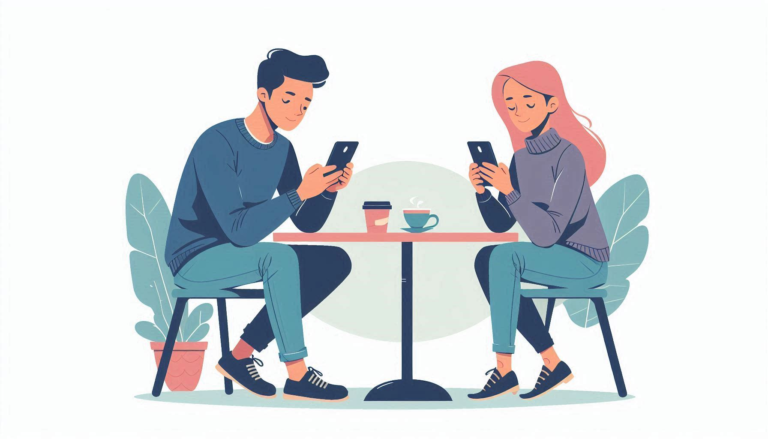Let’s face it, we’re a culture hooked on screens. From the moment we wake up to that first notification chiming, to the pre-sleep scroll through social media, technology has woven itself into the fabric of our daily lives. But what happens when this constant connectivity disrupts our well-being and blurs the lines between reality and the digital world?
This is where mindful technology use comes in. It’s about striking a healthy balance between embracing the incredible potential of technology and safeguarding our mental well-being.
The Dark Side of the Scroll: How Our Tech Habits Are Affecting Us

A recent study published in the journal Computers in Human Behavior (2022) revealed that the average person’s attention span has shrunk to a measly 8 seconds – shorter than that of a goldfish! This decline is partly attributed to our ever-present smartphones and the constant barrage of information they deliver.
But the impact goes beyond attention spans. Here’s how our tech habits can negatively affect us, according to the latest research:
- Stress and Anxiety: A 2023 Pew Research Center report found that a significant portion of social media users report feeling overwhelmed or anxious due to constant connectivity.
- Sleep Disruption: Research by Harvard University (2014) continues to be highly relevant. Blue light emitted by screens suppresses melatonin production, a hormone crucial for sleep regulation.
- Strained Relationships: A 2022 University of Chicago study found a correlation between increased screen time and decreased quality of close relationships.
- Reduced Productivity: A recent study published in Nature Human Behaviour (2022) suggests that multitasking with technology significantly hinders our ability to focus on deep work tasks.
The Digital Detox Cure: Hitting Reset on Your Relationship with Technology

Imagine yourself on a beautiful hike, the crisp mountain air filling your lungs, the sound of birds chirping in the background. You reach for your phone to capture the moment, but then pause. Is this the best way to experience this natural wonder, or are you letting technology steal your presence?
A digital detox is your chance to hit reset on your relationship with technology. A 2020 study in the International Journal of Mental Health Addiction found that digital detoxes can significantly reduce stress and anxiety, improve sleep quality, and boost overall well-being.
The duration of your detox can vary – it could be a weekend getaway, a phone-free evening, or even a designated “no-tech” hour each day. The key is to find a timeframe that works for you and your needs.

A digital detox isn’t about abandoning technology altogether; it’s about establishing boundaries and reclaiming control over your time and attention. Here are some ways to embark on a mindful tech journey:
- Schedule Screen-Free Zones: Dedicate specific times and areas in your day to be completely device-free. This could be during meals, bedtime routines, or even a nature walk.
- Silence Notifications: The constant pinging and buzzing can be a major distraction. Consider silencing notifications or turning your phone on silent mode for focused work periods.
- Embrace “Do Not Disturb” Mode: Utilize the “Do Not Disturb” feature on your phone to create tech-free pockets of time when you need to be present and focused on real-world interactions.
- Curate Your Social Media Feed: Be mindful of who and what you follow online. Unfollow accounts that make you feel inadequate or stressed, and curate a feed that inspires and uplifts you.
- Explore Alternatives: Replace mindless scrolling with activities that nourish your mind and body. Read a book, engage in a physical hobby, or spend time with loved ones.
Remember, a mindful tech approach is a personal journey. Experiment and find what strategies work best for you.

